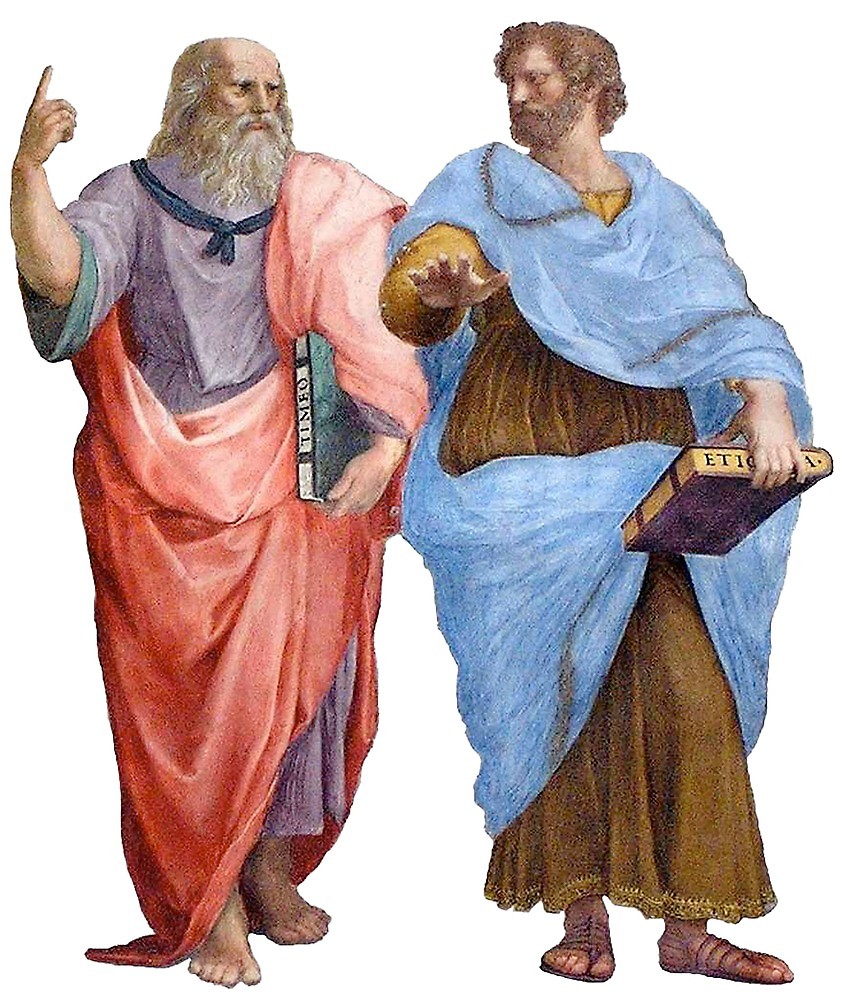Judgment
If we are in a world, as many fear, where truth no longer matters and cultural criticism is dictated by Internet mobs, how are we to judge?
With the phenomenal appearance of totalitarianism in the middle of the 20th century, Hannah Arendt famously argued that the traditional moral categories of good and bad have lost their relevance. The inability to discern fact from fiction, and make critical judgments paves the ground for the emergence of fascist propaganda and rhetoric. So, how do we preserve and nurture our ability to make judgments? This course will examine the political concept of judgment and the way it has evolved within the western tradition of political theory. Primarily examining the works of Immanuel Kant, Friedrich Nietzsche, Hannah Arendt, and Theodor Adorno we will ask: What does it mean to judge in the world today?
Politics of Desire
From Hegel to Deleuze, many political thinkers have employed the language of desire within the tradition of Western political thought in order to think about questions of political subjectivity. This course will look at how the language of desire is embedded in the theoretical frameworks we use to approach questions of knowledge, power, and pleasure. Beginning with Sophocles’ Antigone, moving through Hegel, Kant, Lacan, and Butler, we will explore how conceptions of desire shape approaches to questions of political recognition. How does the language of desire shape the way we think about forms of political recognition? Is desire productive? How does the act of desire constitute the other? We will read works by Freud, Bataille, Foucault, Brown, Deleuze, Califa, Rubin, Delaney, Bersani, and others to explore the ways we think about liberal subjectivity and the intersections of knowledge and power.
Introduction to Political Theory
This course offers a survey of Western political thought. We will examine themes like justice, freedom, and equality by exploring the writings of thinkers stretching from Plato to Malcolm X. In each case, we will attend to the particular crises these theorists addressed in their work, like civil war, revolution, democracy, and capitalism. We'll also learn how authors used their concepts and ideas to address the problems of their day, and how we may draw on them in our own political struggles.
Radical Political Thought
This course offers students an introduction to traditions of radical political theory, focusing on the themes of reason, critique, and power. Moving from the tradition of 19th century German critical thought through the birth of Poststructuralism and the 68' moment, this course traces the transformation of radical political thought from a theoretical discourse centered on Neo-Marxist critiques of social, political, and economic institutions to a form of politics centered on freedom, justice, and individualism. We begin the class with an examination of alienation, reification, and the call to revolutionary class-consciousness in the works of Marx and Lukács. These concepts provide a theoretical foundation for the tradition of critical theory that emerged from the so-called Frankfurt School in the works of Marcuse, Horkheimer, Adorno, and Benjamin. Alongside these thinkers we will examine post-industrial society, enlightenment reasoning, and critiques of power. Transitioning to the emergence of Poststructuralist thought, we will look at some of the conceptual differences between Adorno's/Horkheimer's and Foucault's critique/s of reason. Following the historical transformations of radical political thought, we will survey how these traditions emerged and gave birth to contemporary political theory in the works of Habermas and Butler.
American Protest
This course introduces students to the basic institutions and processes of American government. The class is meant to provide students with a grasp of the fundamental dynamics of American politics and the skills to be an effective participant in and critic of the political process. During the semester, we will examine how the government works, interpret current political developments and debates, and consider how to influence the government at various levels




